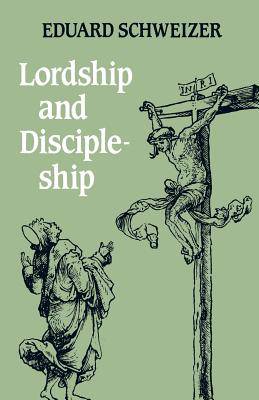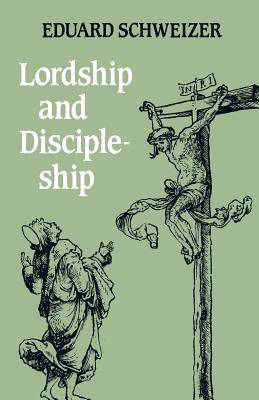
Door een staking bij bpost kan je online bestelling op dit moment iets langer onderweg zijn dan voorzien. Dringend iets nodig? Onze winkels ontvangen jou met open armen!
- Afhalen na 1 uur in een winkel met voorraad
- Gratis thuislevering in België vanaf € 30
- Ruim aanbod met 7 miljoen producten
Door een staking bij bpost kan je online bestelling op dit moment iets langer onderweg zijn dan voorzien. Dringend iets nodig? Onze winkels ontvangen jou met open armen!
- Afhalen na 1 uur in een winkel met voorraad
- Gratis thuislevering in België vanaf € 30
- Ruim aanbod met 7 miljoen producten
Zoeken
Omschrijving
A classic study of Christian Iife in changing cultures, between the New Testament and the present day, first published in English in 1960 and long unavailable. `It is impossible to distil a pure creed. Every generation must proclaim the gospel in its own terms. It is foolish to withhold belief from the creeds of another generation simply because we cannot use their language today. But it is just as foolish to assent to all the creeds together, as if orthodoxy were like some cafeteria where you are obliged to eat something of everything... The New Testament contributors were courageous enough to be one-sided. They made their choice, and preached the message in terms their hearers could grasp, opposing clearly the special dangers of their time and place. Must our younger generation (or to take a quite different example, the Japanese people) first be converted to a Hebrew or Greek way of thinking in order to be able to receive the gospel? Or may we, without denying the old creeds, proclaim the same truth in the West, perhaps in terms of the meaning of God's acts for our existence, and in Japan, perhaps in quite different terms?'
Specificaties
Betrokkenen
- Auteur(s):
- Uitgeverij:
Inhoud
- Aantal bladzijden:
- 144
- Taal:
- Engels
Eigenschappen
- Productcode (EAN):
- 9780334009344
- Verschijningsdatum:
- 11/06/2012
- Uitvoering:
- Paperback
- Formaat:
- Trade paperback (VS)
- Afmetingen:
- 140 mm x 216 mm
- Gewicht:
- 163 g

Alleen bij Standaard Boekhandel
+ 84 punten op je klantenkaart van Standaard Boekhandel
Beoordelingen
We publiceren alleen reviews die voldoen aan de voorwaarden voor reviews. Bekijk onze voorwaarden voor reviews.











